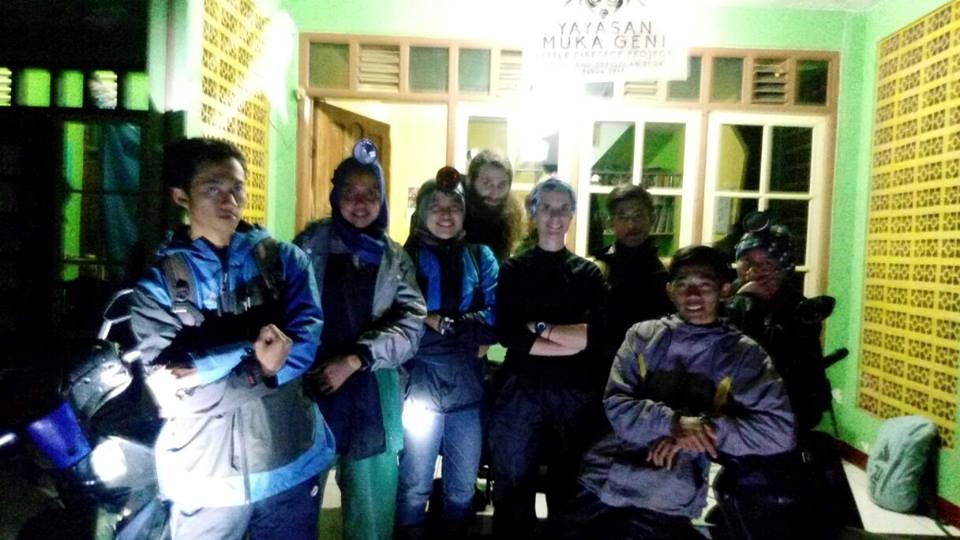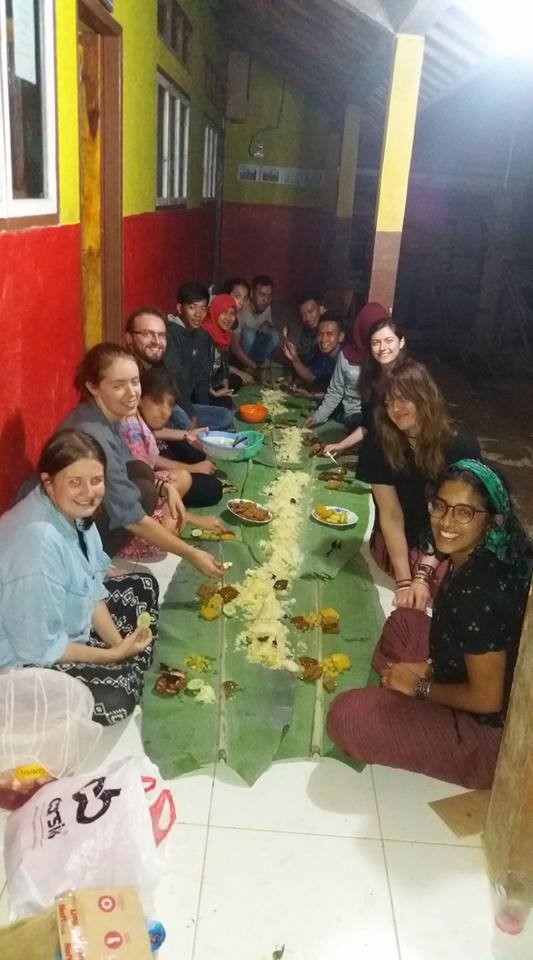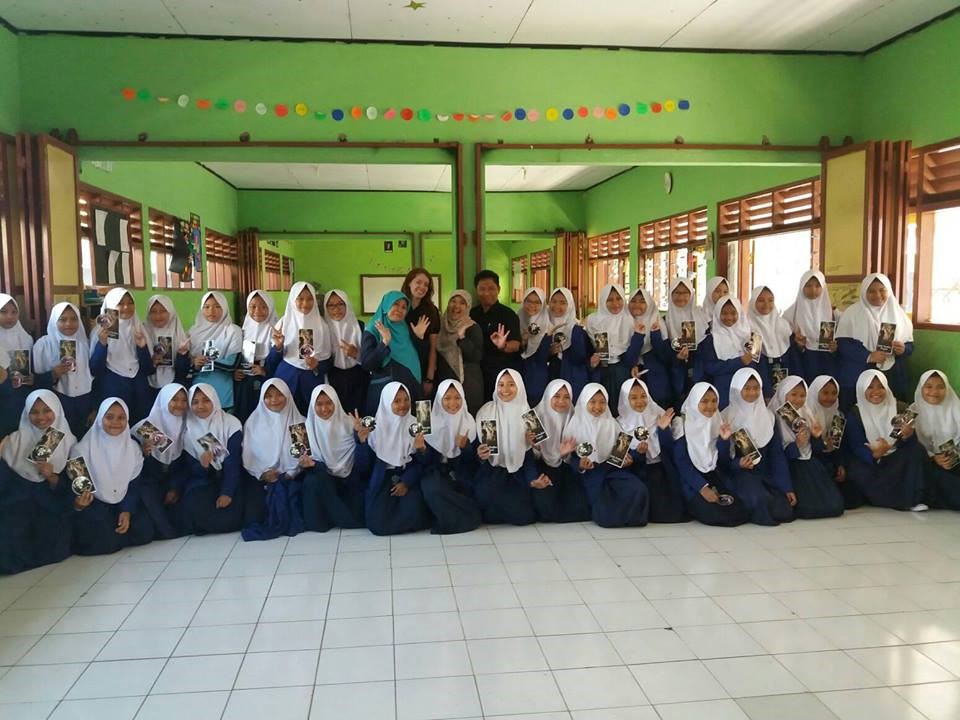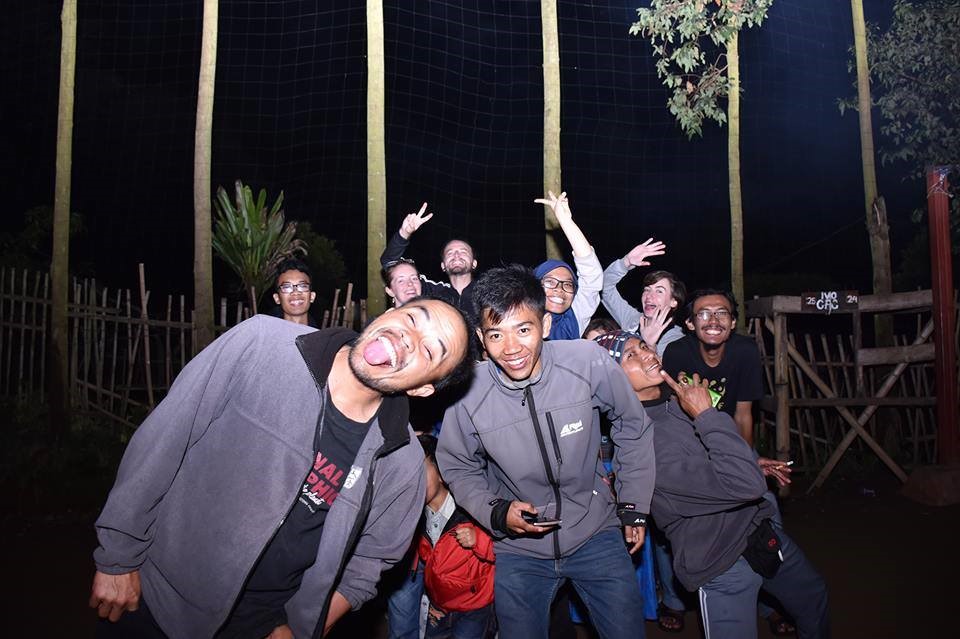Behind the Scenes of Real World Conservation
Everyone reading this is most likely aware of the Little Fireface Project and what we do. Our conservation and research work is crucial to the survival of the Javan slow loris and often times we can look incredibly impressive through our social media accounts and research outputs.
While this is all of course an accurate representation of the incredible work that I am lucky enough to be a part of, it is only half of the story. Unfortunately, only a small portion of each of my days is reflected in these inspiring images. The vast majority of the day of a coordinator is much less glamourous!
Then again, this is often true for almost any line of work, and in this way my job is not so different from anyone else’s. The positive results that all conservation organizations produce are the products of an immense amount of work behind the scenes on seemingly mundane tasks that are all crucial to the project’s success.
A coordinator’s day may begin early in the morning with an attempt to stumble out of bed and make some coffee. While the water is heating, a coordinator might be approached by some early-rising volunteers in need of help with research questions. Volunteers helped, coffee successfully brewed, a coordinator can now sit down at their desk and begin checking the many e-mails that have come in through the night.
Perhaps a few minutes later a local staff member will need to discuss some issues with their work schedule, new ideas, or simply want to socialize over some coffee. Next, the field station cleaning staff may arrive and need materials and supplies (dish soap, sponges, garlic, cooking oil, you name it). The coordinator must then run to the local shops to get these supplies and oversee the cooking of the day’s food for all staff and volunteers. Upon going to the shop you realize that the motorbike has a flat tire again and you suddenly need to take it to the garage. You return home on foot.
Back at your desk, back to the e-mails. There are many small administrative duties which need to be responded to in these e-mails. New students, potentially new projects, funding sources, visa processes, all important. E-mails answered, it’s already mid-day, time to get to work! There are thousands of camera trap images that need sorting. While these piles might be hiding some gems of images documenting new behaviours or even a new species in the area, the vast majority of the thousands will most likely be the wind moving the branches of a tree in front of the camera. But you’ll never find those gems if you don’t put the work into sorting through every single image!
Our days as coordinators continue much like this. For every research breakthrough there were thousands of hours of seemingly mundane, yet critical grunt work. For every amazing education output there were hundreds of hours of lesson planning and test grading. For every successful new research project, there were days and days of receipts, accounting, waiting in line in Indonesian banks for 8 hours to do a simple transfer, and countless other small tasks. 
These small tasks fill our days and sometimes we need to pull ourselves out of this to see the bigger picture, the greater good that all of these seemingly mundane tasks allow to happen. While the rewards are beautiful and fulfilling, it’s important to remember all of the hard work and small tasks that are necessary to achieve these goals!

